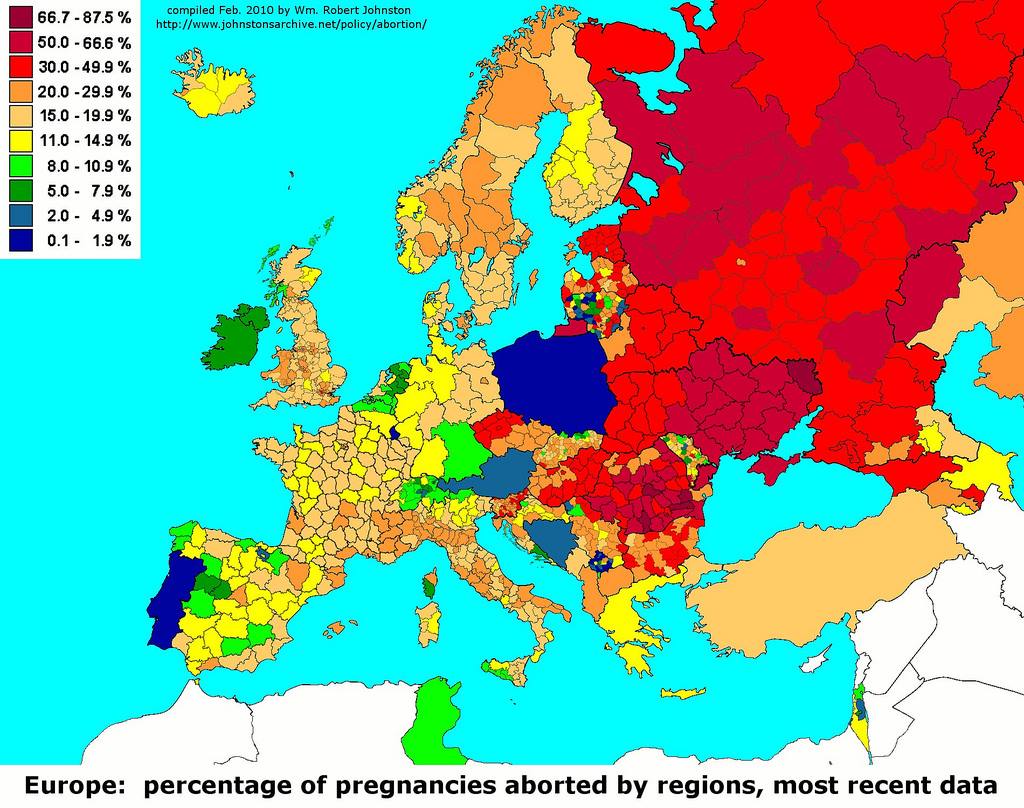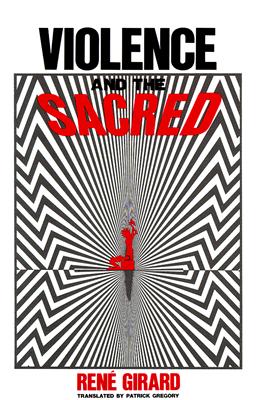
My post about the historical roots of resistance to the widespread and sociologically natural practice of abortion got quite a few people riled up. Luckily it didn’t result in as many stalkers, haters, and insinuators (usually about pedophilia) as my post on anti-Catholicism. I can only handle so many hatchet jobs before I get emotionally felled.
Be that as it may, the surprising reaction to the latter piece only confirmed it’s central thesis that something like anti-Catholicism is alive and even (especially?) among the exceptionally well-educated who don’t intend to offend. I was reminded of the real-world repercussions of this when Fr. Daniel berated our CL School of Community for leaving the door open given the recent threats against our parish. He went for his usual hyperbole with “Why did you leave the door open? Do you all want to get shot?”
Just to get back on track, Paganism was the topic of a previous post about how pre-Christian myths were filtered and preserved by Catholicism in ways you don’t see among both Protestants and its illegitimate twin of globalism. The topic of paganism resurfaced in the wake of the recent post on abortion and a picture I attached to it in a facebook thread:

My facebook friend Alexander Boldizar jousted back at me with the following provocation:
“Pro-abortion as antisemitism seems a bit of a stretch, like saying atheism is antisemetic — mixing race and religion. I know lots of atheist Jews. But the larger point seems consistent — as a very strongly pro-abortion atheist I have a much easier time relating to Zeus or Odin than I have to the Abrahamic God, because neither Zeus or Odin totalizes the way God does — and that totalitarian impulse in the Abrahamic God is what repels me so much about all of the monotheistic religions. And at its most basic, my support for abortion is rooted in relativism — that it’s not my place to make moral decisions for someone else.”
There is a lot to untangle in the response to this. First of all, there are plenty of pro-abortion Catholics who are unfaithful to their tradition, so there is nothing especially disturbing about there being Jews who are atheist (and pro-abortion).
The arguments of my post dealt with a faithful innovation within the Judeo(-Christian) tradition that set the Jews off from what we might presently label as the pagan groups around them.
The developments are interesting, because they arose within thoroughly violent totalitarian political structures, which used founding myths to justify their use of force against the populations. Compare the envy and violence involved in the account of creation in the Enuma Elish (or any of the creation myths of the Greeks, Romans, Hindus, and so on) to the non-rivalrous and peaceful account of creation in Genesis.

The biblical accounts are posterior (ain’t nothin’ wrong with that!) to the Mesopotamian myths. They retell the earlier stories in a monotheistic manner that expunges the violence of the original polytheistic sources whose relativist syncretism required the various gods to duke it out in mythical cagematches.
I wouldn’t go so far as suggesting that even the New Testament is free of positive portrayals of violence, however, Rene Girard has frequently argued the Gospels are part of a slow Jewish unmasking of the myth of redemptive violence (abortion as a legitimate solution to harms done is one such contemporary myth) whose arguments first gained their steam in the writings of the prophets.
If one wants to call the exit from the notion of violence-as-creative as totalitarian then we’ll take it, but good luck enforcing toleration.
Some might complain that history didn’t become a bed of roses after Christianity appeared upon the scene. Fair enough. Such criticism reminds me of a Waugh riposte to someone who asked him why he was still suck a jerk after his conversion. His response was, “You have no idea how much nastier I would be if I was not a Catholic. Without supernatural aid I would hardly be a human being.”
On a wider scale, there would be no critique of totalitarianism or totalizing philosophies (think: Levinas and how his critiques of totalizing are indebted to the Hebrew Bible) without revelation, because what we call totalitarianism would be as natural as water is to fish–we wouldn’t notice it. The fight that broke out between our four and a half year old and three year old while I was writing this piece reminds me how much freedom it takes to break the cycle of violence.
Anyway, a taste of the great and ever-annoying Evelyn Waugh:
All in all, the idea of Odin as tolerant and non-totalitarian grafts uniquely Judeo-Christian sensibilities onto pagan myth. We should remember, as I’ve suggested here, we don’t live in a pre-Christian world, nor in an entirely anti-Christian world, but in a post-Christian world whose unquestioned manners of perceiving reality are indebted to revelation. This fact, especially given the unintentional spread of theological categories (or as we antiseptically call them “Western values”) through globalism, is possibly the only non-imperialistic way of understanding Karl Rahner’s notion of the “anonymous Christian.”

The idea of an Odin-Christ reminds me of Bob Odenkirk’s last name. So here’s a relevant Mr. Show clip where he plays Jesus to David Cross’ Marshall:
http://www.youtube.com/watch?v=mCwcPnseyuM









